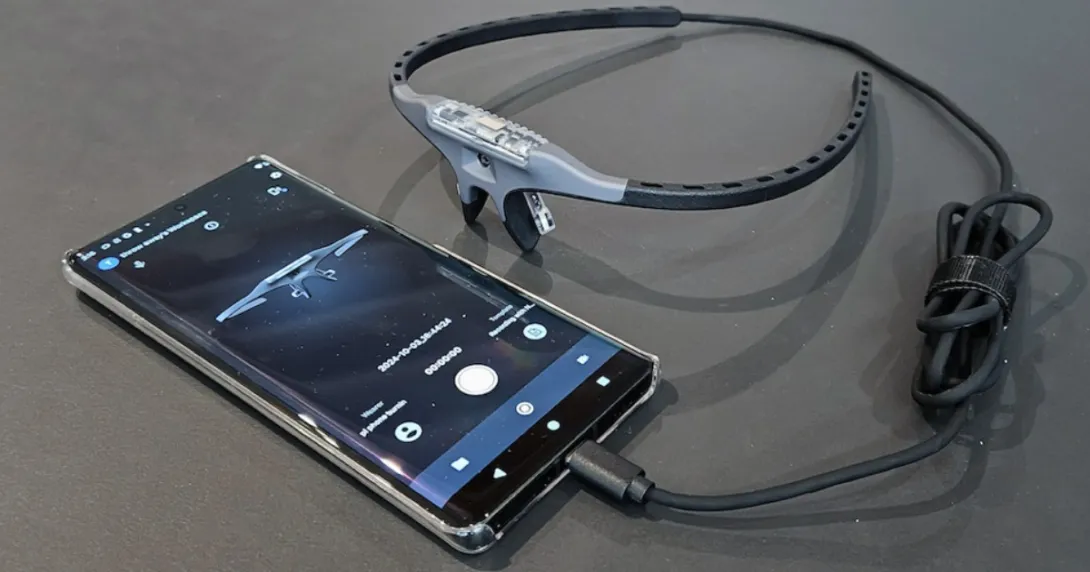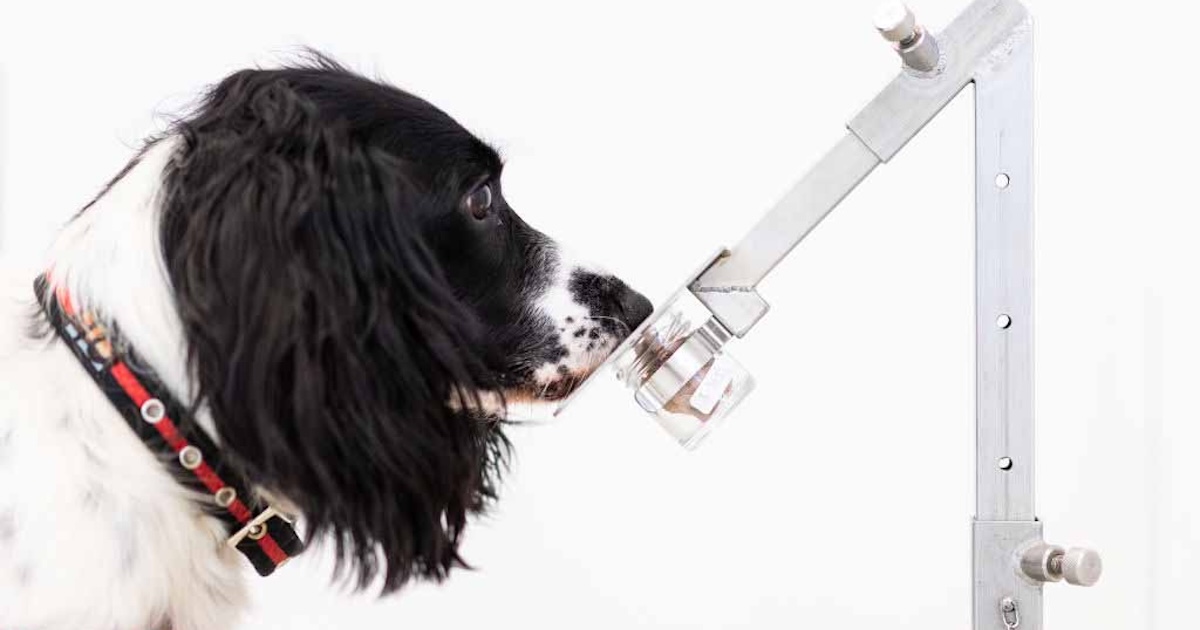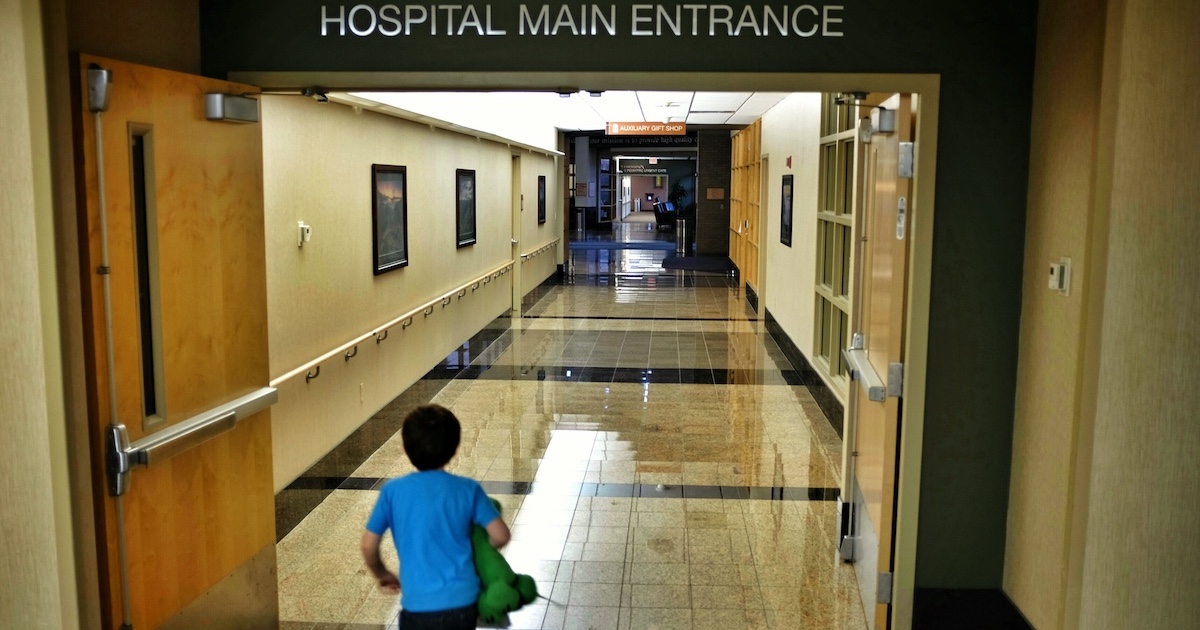
Photo courtesy of HarmonEyes
AI-enabled eye-tracking platform HarmonEyes announced it has been chosen by the NASA-funded organization Translational Research Institute for Space Health (TRISH) to test its eye-tracking technology to measure cognitive load and fatigue before it turns into a behavioral safety risk in spaceflight.
The company's tool, HarmonEyes Human State Monitoring and Readiness Tool (H-SMART), measures sudden changes in eye movements to evaluate cognitive load and fatigue.
The AI-powered and machine learning-enabled tool is intended to provide astronauts and controllers with an early warning system when cognitive overload and fatigue are detected on extended space missions and provide corrective actions in real time.
H-SMART provides instant data to astronauts and their teams via HarmonEyes' Theia software development kit.
The tool aims to monitor and predict individuals' actual versus perceived levels of cognitive load and fatigue in extreme environments.
The company will test its technology later this year in Antarctica at the Antarctic and sub-Antarctic stations run by the Australian Antarctic Program to mimic the harsh environments of deep space missions.
"It’s our mission to use eye-tracking to help minimize behavioral safety risks in critical situations — and our partnership with NASA/TRISH demonstrates an important use case for our cognitive load and fatigue solutions," Adam Gross, CEO and cofounder at HarmonEyes, told MobiHealthNews.
"We look forward to introducing a new standard of safety in space — one that relies on our objective and continuous insights provided by tracking eye movements."
THE LARGER TREND
Eye-tracking technology has made its way into medicine and, according to a study published in Frontiers in Medical Technology, "holds significant potential to enhance patient care, optimize treatment outcomes and advance our understanding of human visual and cognitive processes."
Other companies developing eye-tracking technology for healthcare include ViewMind, which measures ocular movement alterations to evaluate brain health, and Pupil Labs, which earlier this year entered into a strategic partnership with the developer of noninvasive brain-computer interface technology Cognixion to develop an interface that measures visual attention and neural signals using eye-tracking.
In 2023, extended reality products and services company Varjo announced it was partnering with Swiss medical device company machineMD to develop Neos, a diagnostic tool aimed at assisting in the early diagnosis of brain disorders such as multiple sclerosis, stroke and brain tumors using built-in VR-based eye-tracking technology.


